Blog
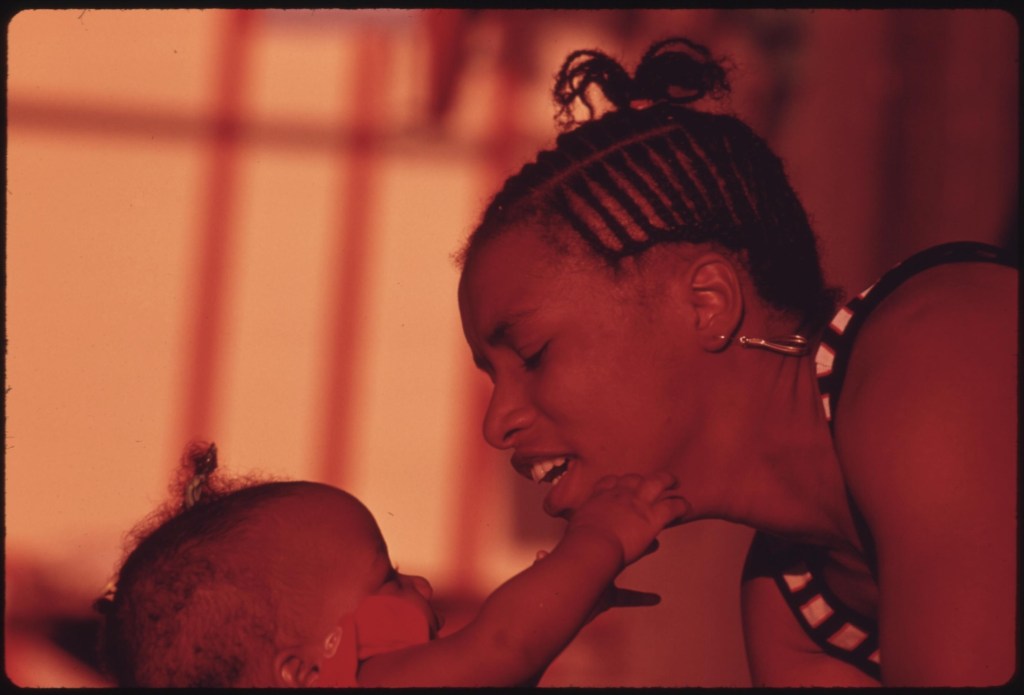
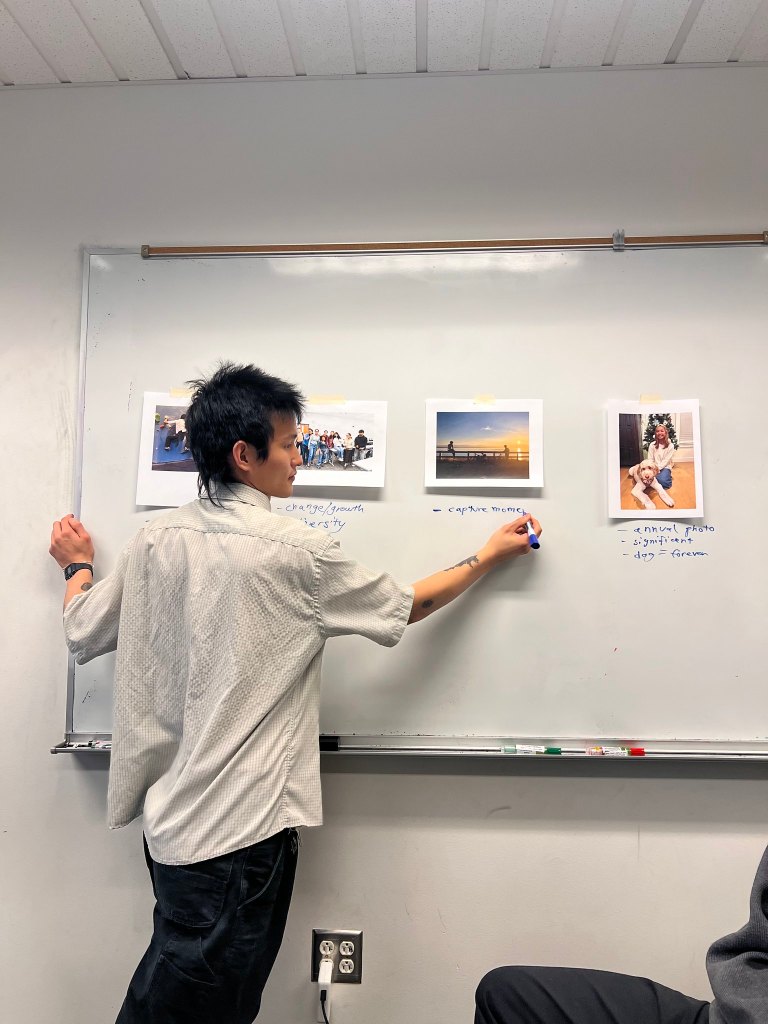
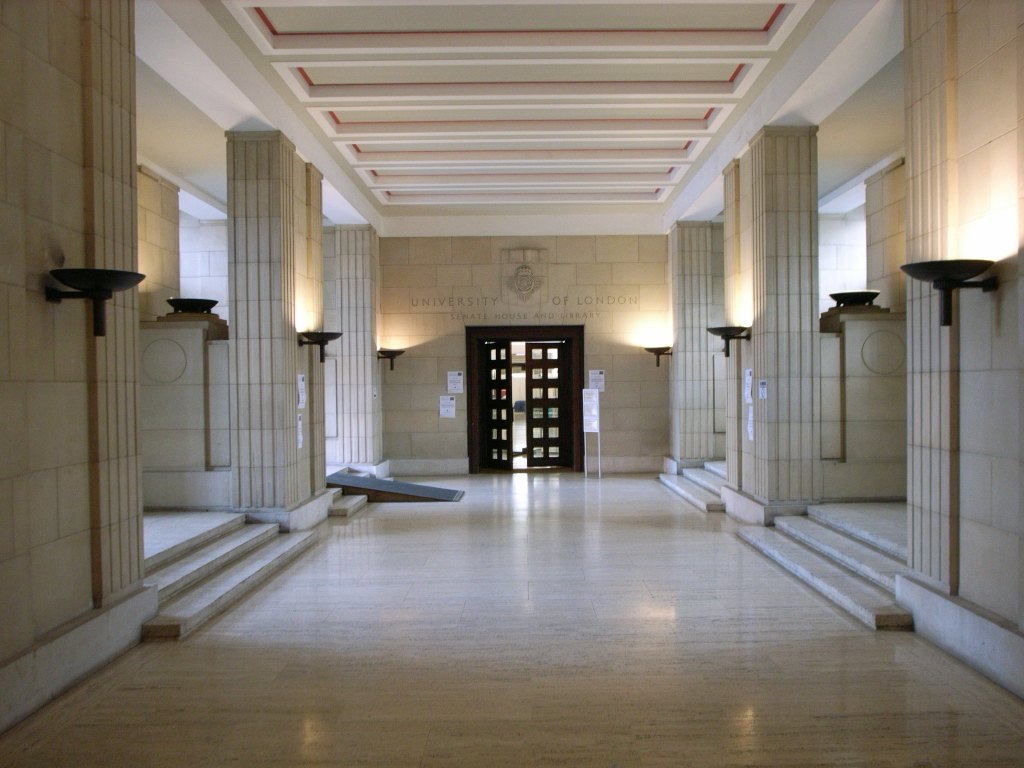
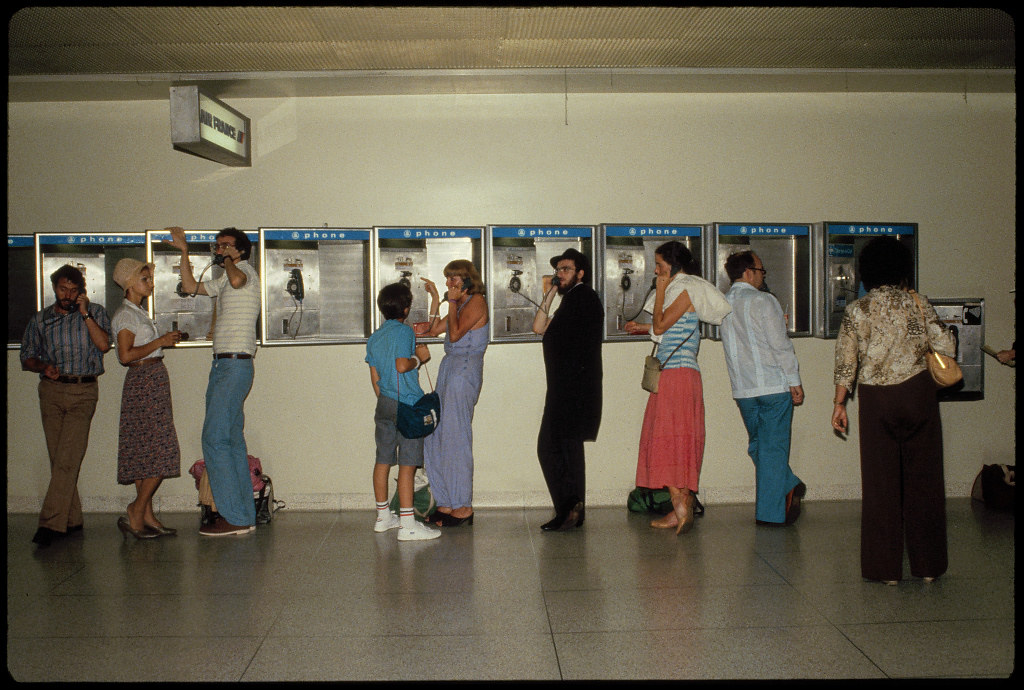
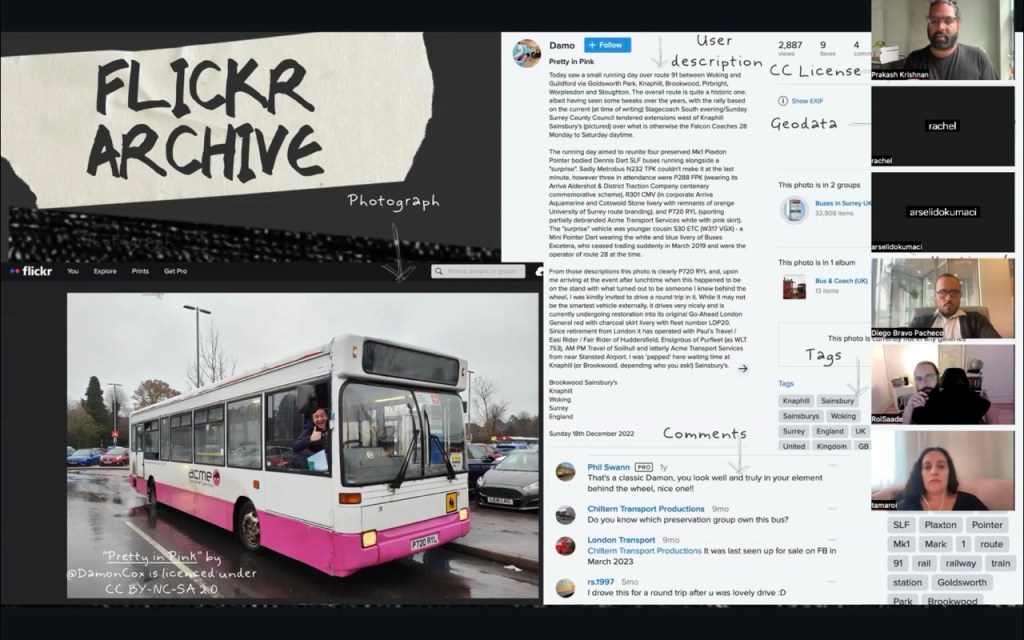
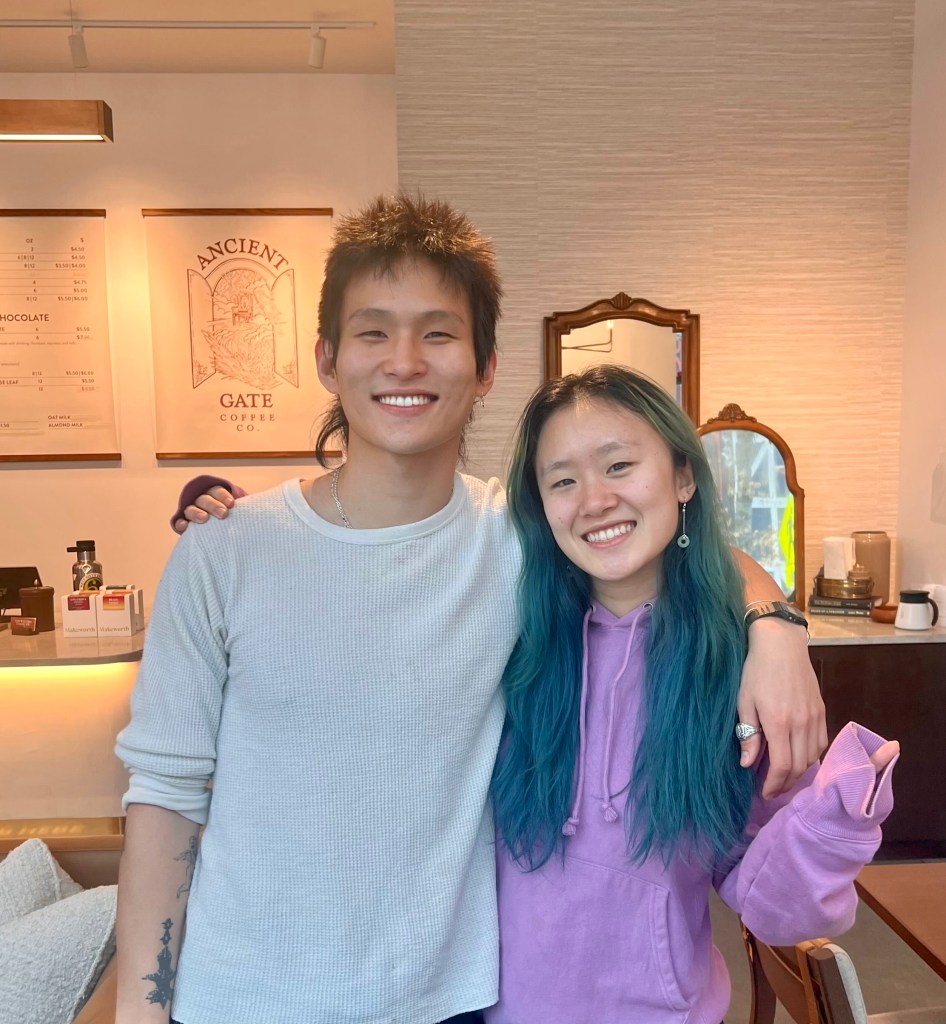
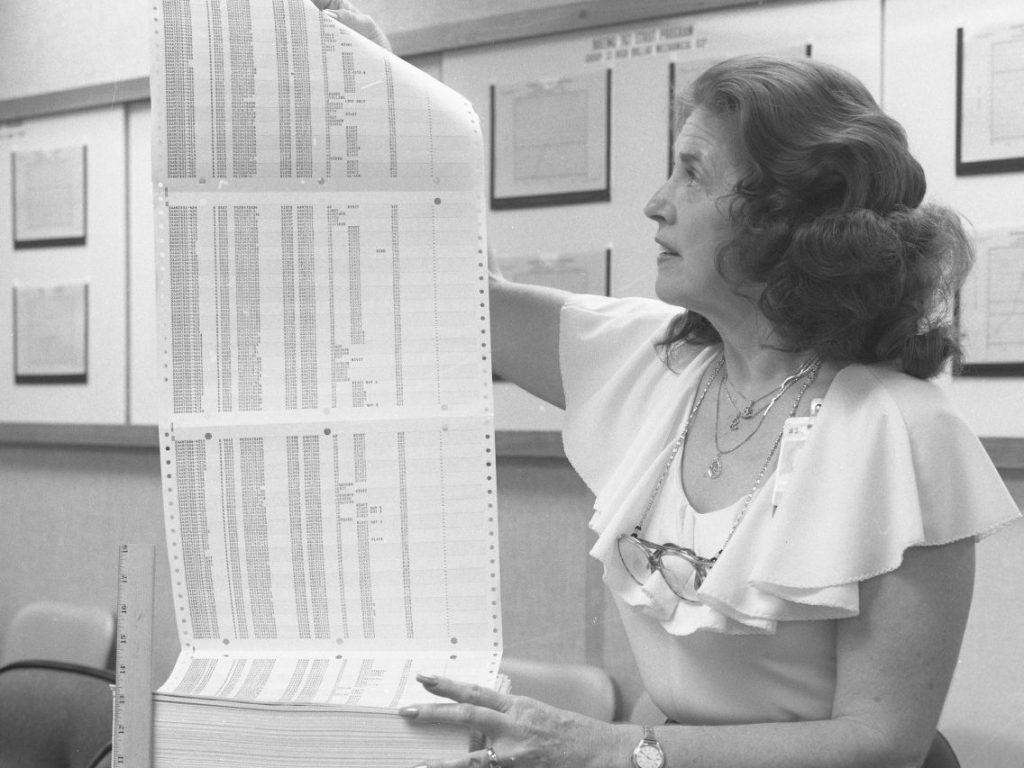
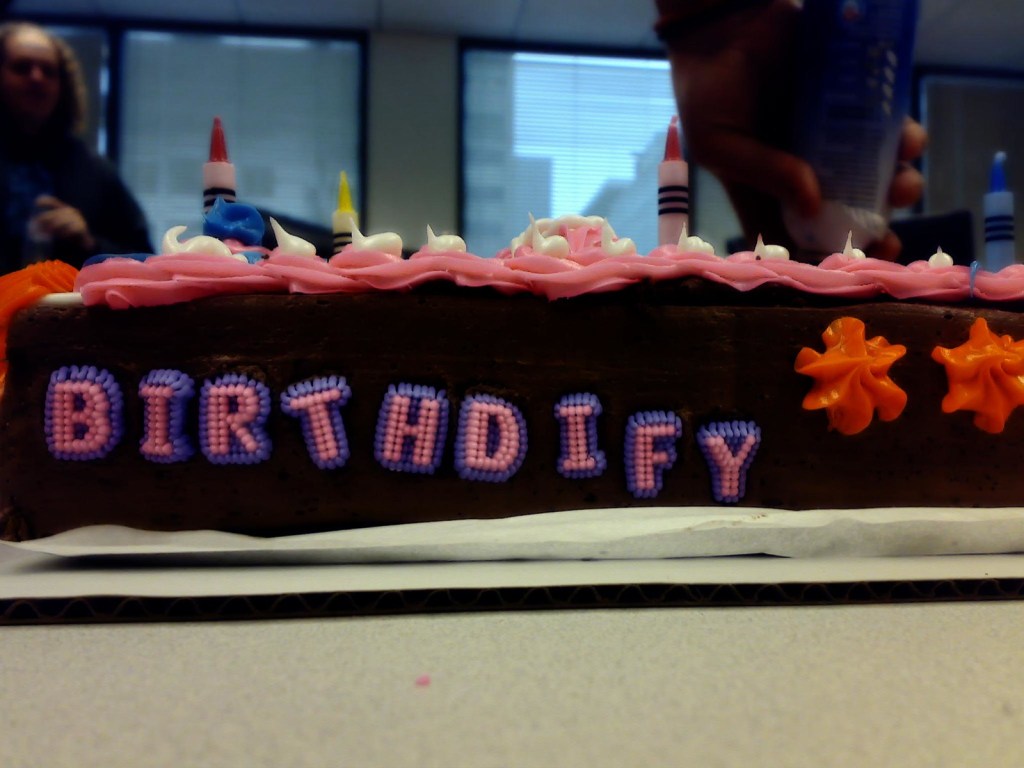
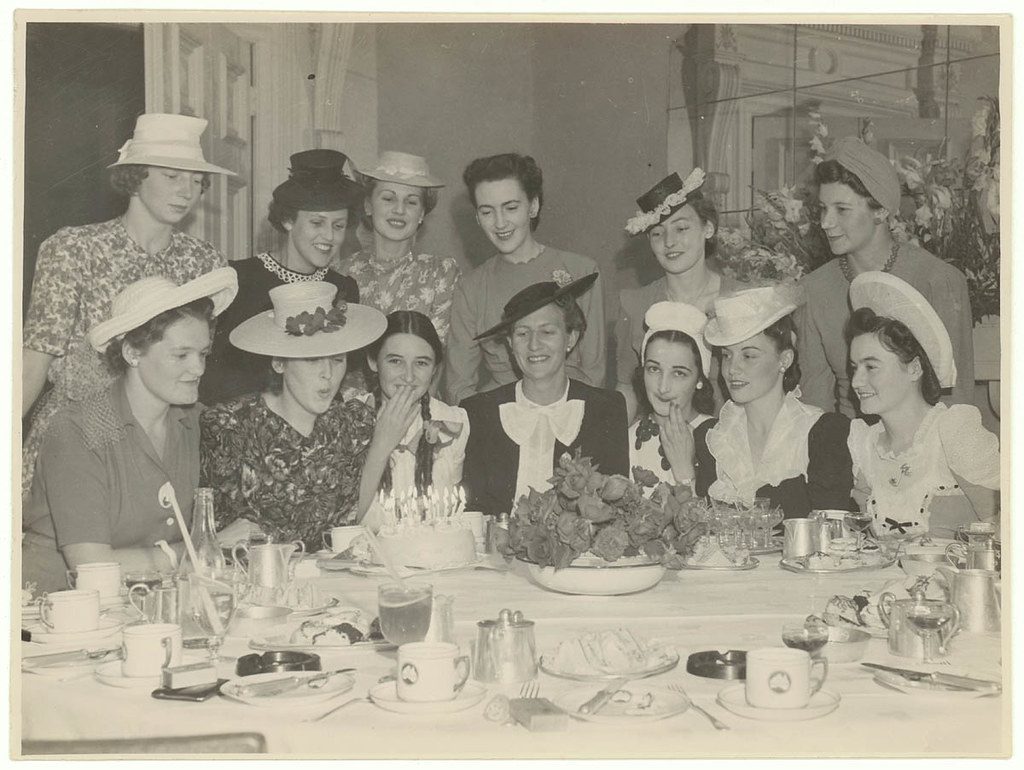
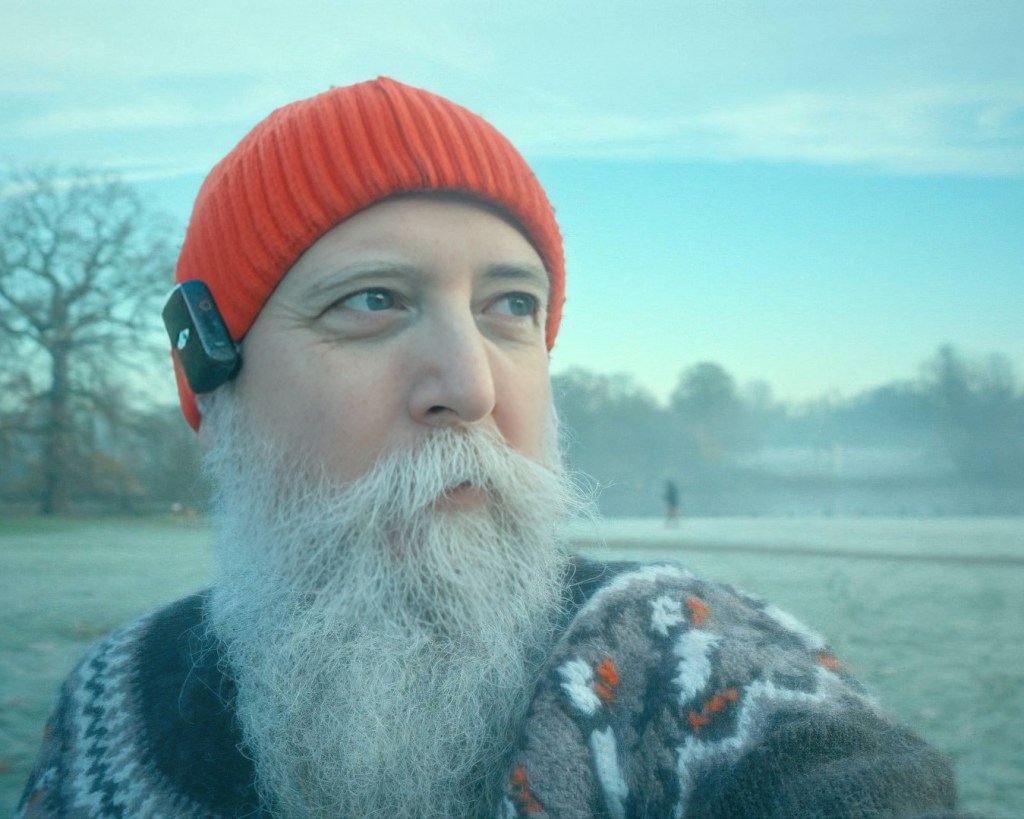
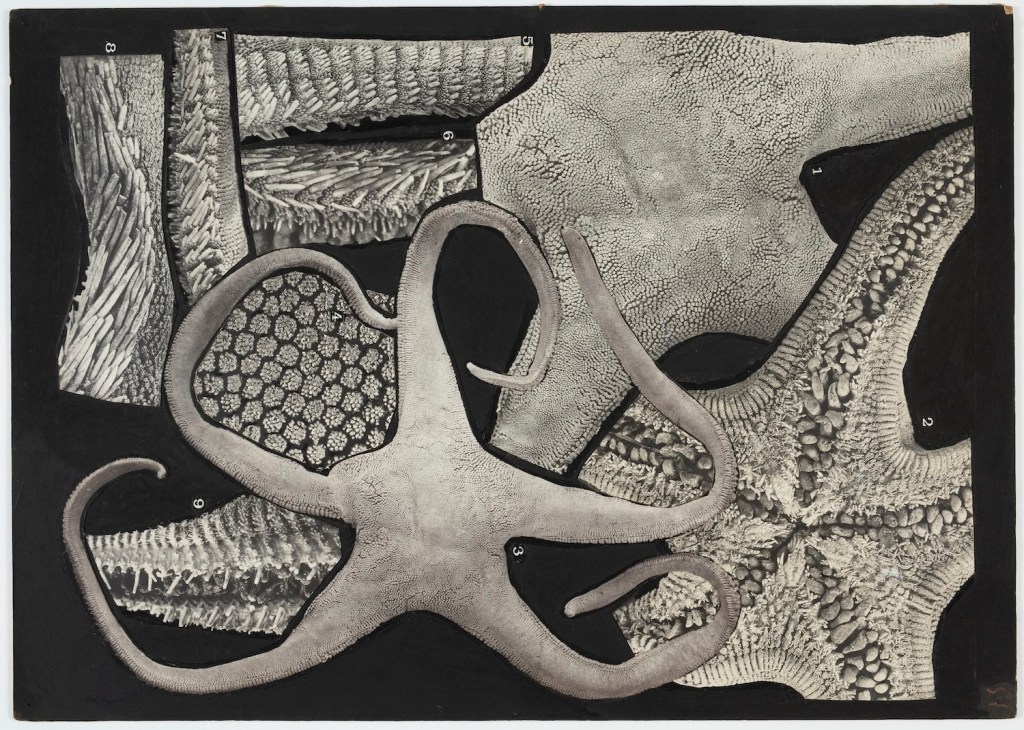
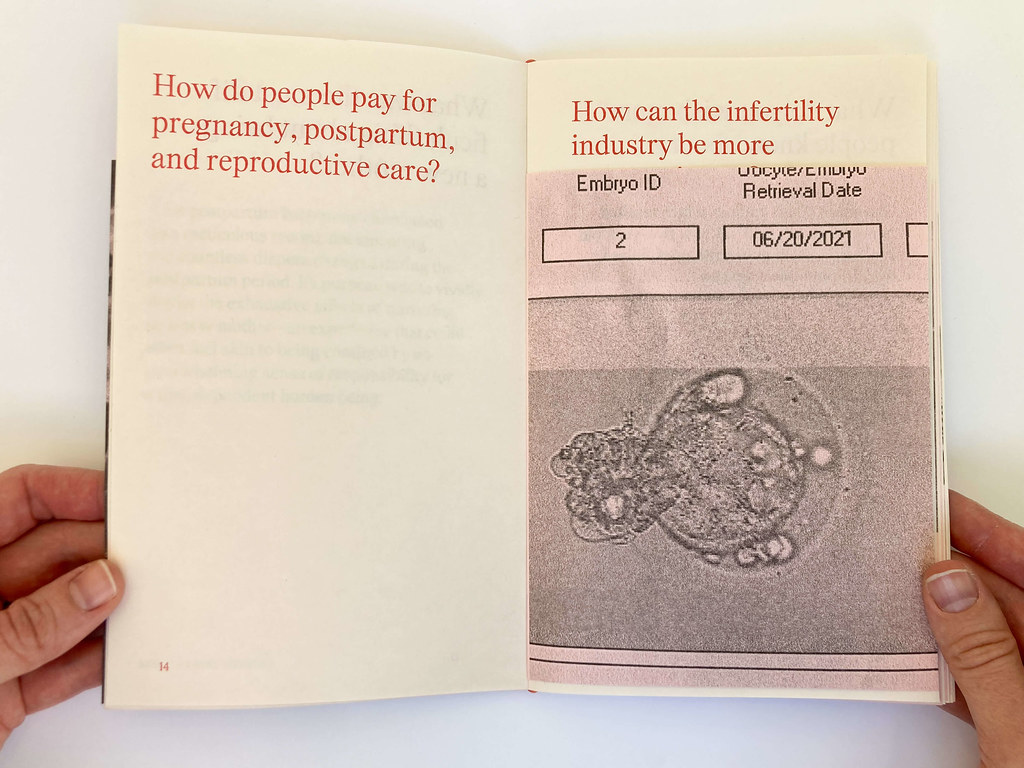
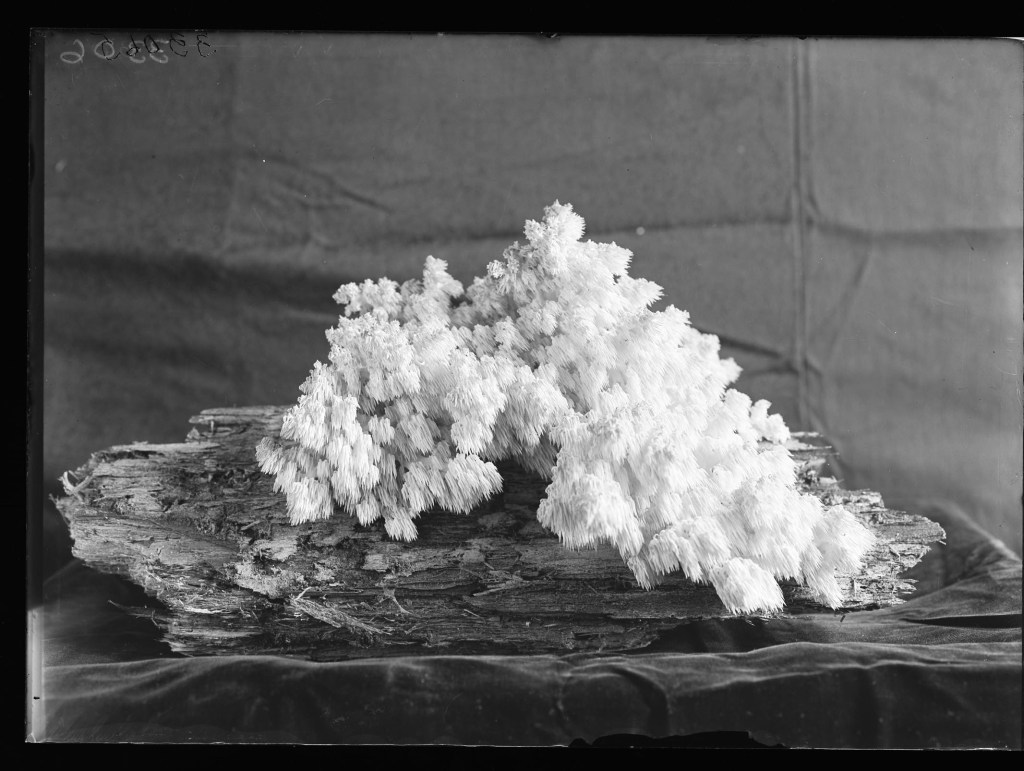
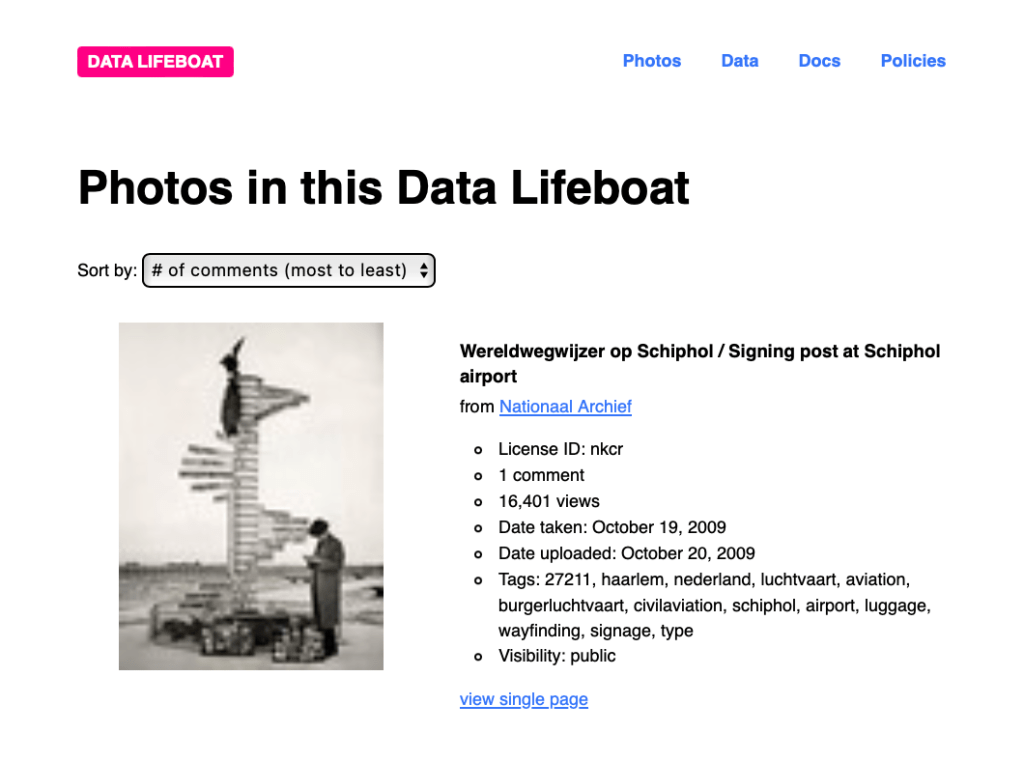
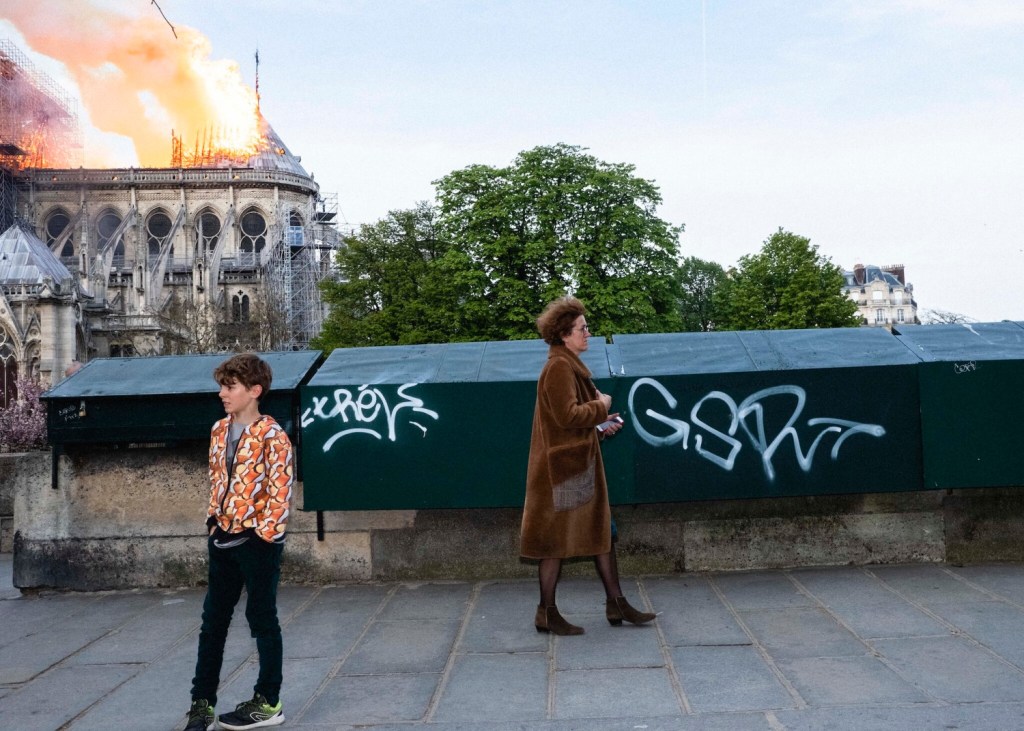

Flickr Foundation Spring Research Fellows, Molly Sherman & Emily Fitzgerald, share the second instalment of their research project, investigating image archives of reproductive care on Flickr.

Final instalment of Amy & Daniel's Digital Legacy capstone project, this time exploring the topic through in-person workshops

Tori shares her reflections and ruminations from the Born-Digital Collections conference at Senate House, London

In the second instalment, Amy and Daniel discuss the expert interviews and user research they undertook to uncover insights into Gen Z's digital archival literacy

Meet the researchers Prakash ran his first Archivevoice workshop with, and their fantastic projects.

University of Washington Informatics students, Amy and Daniel, introduce their capstone research into digital legacy practices among young adults

An introduction to the rituals of record-keeping that have influenced our daybook project


Our flagship program, Flickr Commons, turns 17 years old today!

Dan has joined the team as Tech Co-Lead to work alongside Alex. We couldn't be happier!

The second of a two-part blog post detailing possible prompts for Data Lifeboat creators to encourage ethical and informed collecting

Emily Fitzgerald & Molly Sherman are joining us as our first research fellow pair to continue development of their Reproductive Reproductions project.

The first of a two-part blog post detailing the origins and approaches to ethical archiving in the Data Lifeboat tool.

See what you get when you download a prototype Data Lifeboat.

The case for citizen-driven collections in enhancing our understanding of contemporary events.
| Cookie | Duration | Description |
|---|---|---|
| cookielawinfo-checkbox-analytics | 11 months | This cookie is set by GDPR Cookie Consent plugin. The cookie is used to store the user consent for the cookies in the category "Analytics". |
| cookielawinfo-checkbox-functional | 11 months | The cookie is set by GDPR cookie consent to record the user consent for the cookies in the category "Functional". |
| cookielawinfo-checkbox-necessary | 11 months | This cookie is set by GDPR Cookie Consent plugin. The cookies is used to store the user consent for the cookies in the category "Necessary". |
| cookielawinfo-checkbox-others | 11 months | This cookie is set by GDPR Cookie Consent plugin. The cookie is used to store the user consent for the cookies in the category "Other. |
| cookielawinfo-checkbox-performance | 11 months | This cookie is set by GDPR Cookie Consent plugin. The cookie is used to store the user consent for the cookies in the category "Performance". |
| viewed_cookie_policy | 11 months | The cookie is set by the GDPR Cookie Consent plugin and is used to store whether or not user has consented to the use of cookies. It does not store any personal data. |